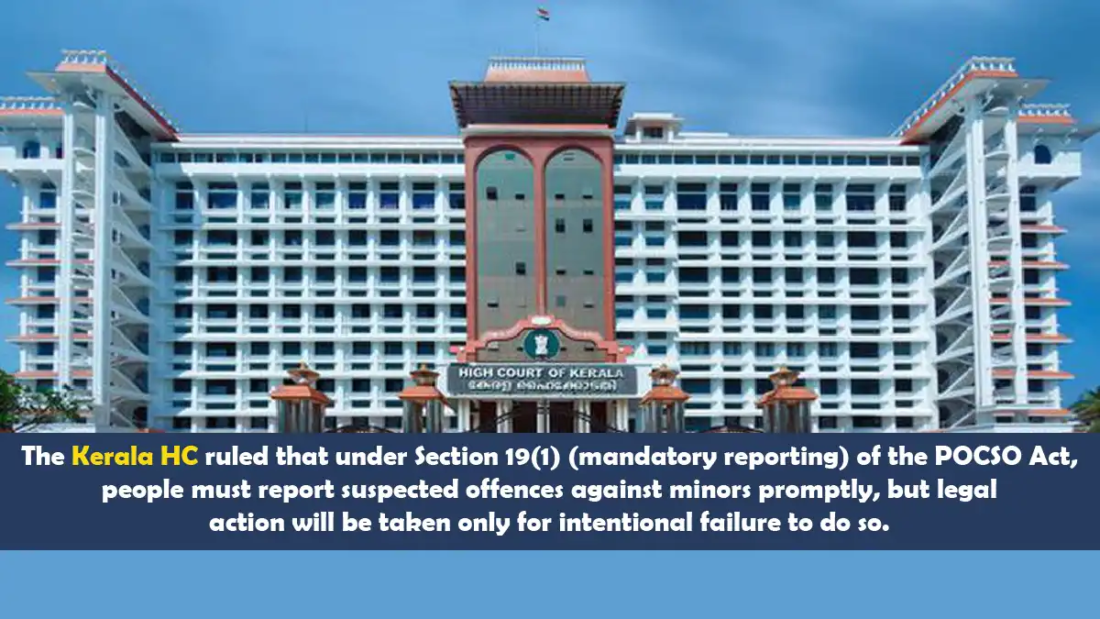Facts of the Case:
This case concerns a revision petition filed under Sections 397 and 401 of the Code of Criminal Procedure, challenging an order dated 05.09.2023.
The petitioner, a doctor, is accused of failing to report a case of child sexual abuse despite having knowledge of the victim’s pregnancy. The victim, a 17-year-old minor, was examined by the petitioner and found to be pregnant. The allegation is that the petitioner did not inform the Special Juvenile Police or local Police about this as per the POCSO Act.
Contentions of the Petitioner:
The petitioner argues that when the victim came for examination, the initial tests did not indicate pregnancy, and there was no direct knowledge or apprehension of an offence under the POCSO Act at that time.
The petitioner further contends that the prosecution failed to provide evidence showing that the petitioner had prior knowledge of the offence. To support this, the petitioner cited the Supreme Court case of Dr. Sr. Tessy Jose v. State of Kerala [2018 (3) KLT 934 (SC)], which discusses the extent of knowledge required under Section 19(1) of the POCSO Act.
Contentions of the Respondent:
The prosecution argues that the blood test report indicated the victim’s age as 17 years, thus implying that the petitioner should have known about the minor’s pregnancy and the need to report it. The prosecution also highlighted that the petitioner had a legal obligation to inform the police under Section 19(1) of the POCSO Act, and failing to do so constituted an offence.
Court’s Observations:
The court observed that the petitioner had advised the victim to undergo urine and blood tests, and the scan report indicated pregnancy. However, it was noted that the petitioner did not directly inform the police.
The court referred to the case of Dr. Sr. Tessy Jose v. State of Kerala, which emphasized that criminal liability under Section 19(1) of the POCSO Act depends on whether there was actual knowledge or apprehension of the offence, not merely on the presence of a minor’s pregnancy.
The court noted that CW10 (another medical professional) had informed the police about the pregnancy, and the police subsequently registered the FIR within a reasonable time frame.
Court’s Decision:
The court held that there was no wilful omission on the part of the petitioner to report the incident to the police within a reasonable time. The petitioner’s role was limited to advising tests and reviewing the scan report, not directly handling or reporting the case.
The delay between the petitioner’s examination of the victim and the police’s arrival was within a reasonable time frame, and the police were promptly informed by another medical professional. Therefore, the court decided that the impugned order dismissing the discharge plea of the petitioner was erroneous.
The court allowed the revision petition, set aside the earlier order, and discharged the petitioner from the charges.
 Cart is empty
Cart is empty 

